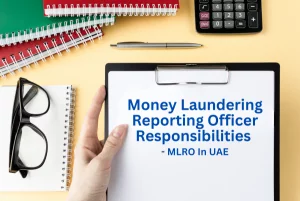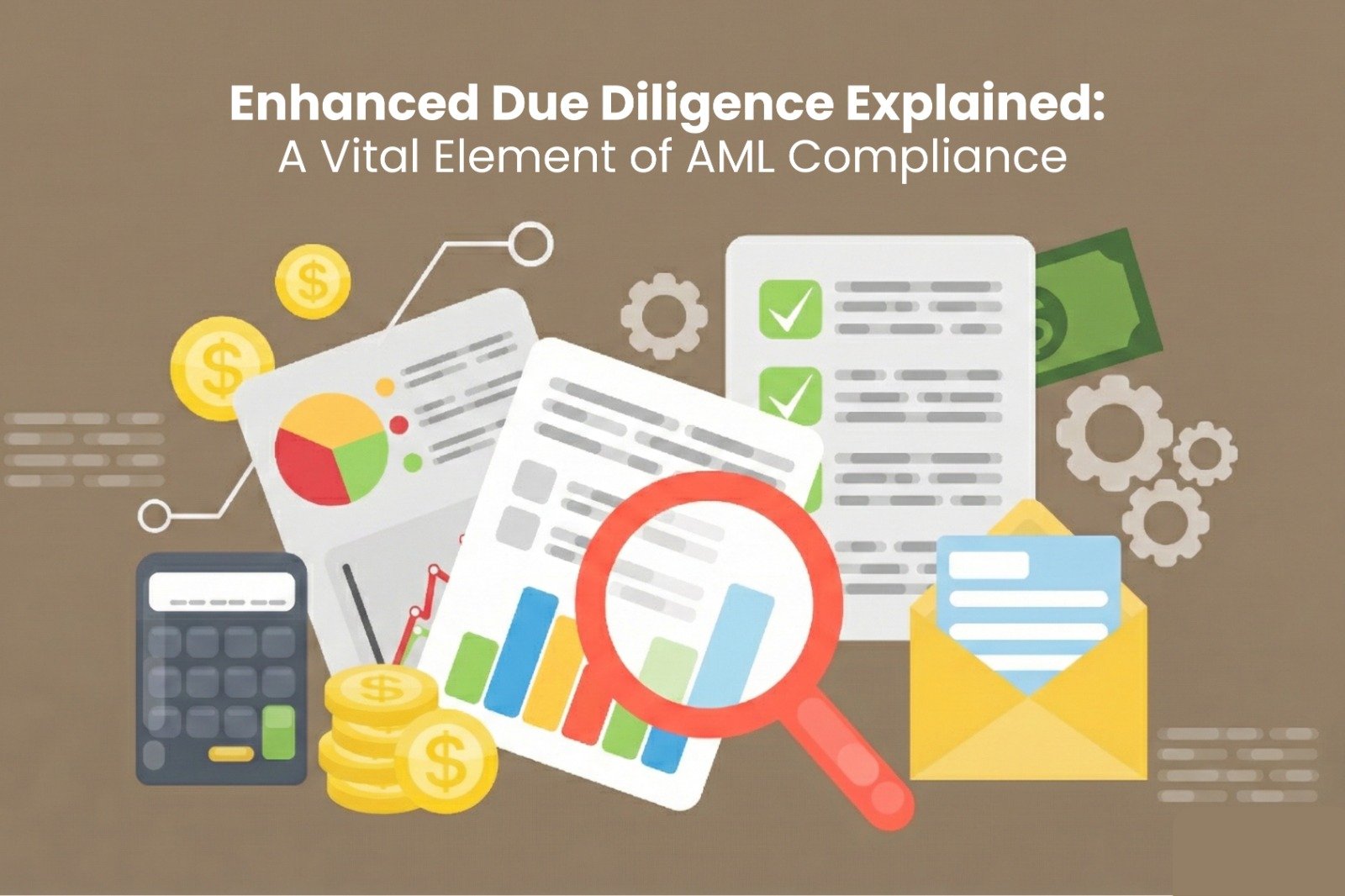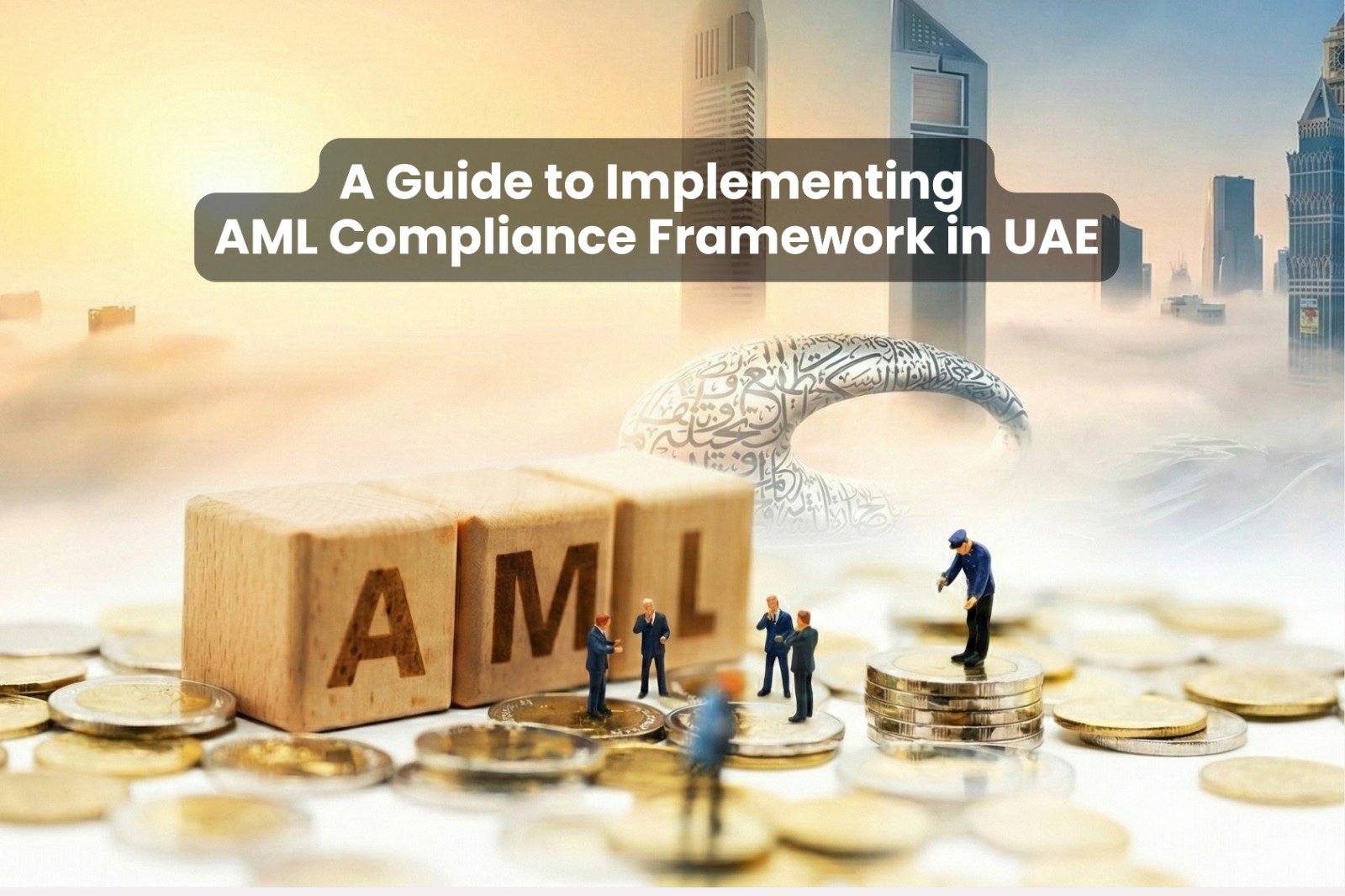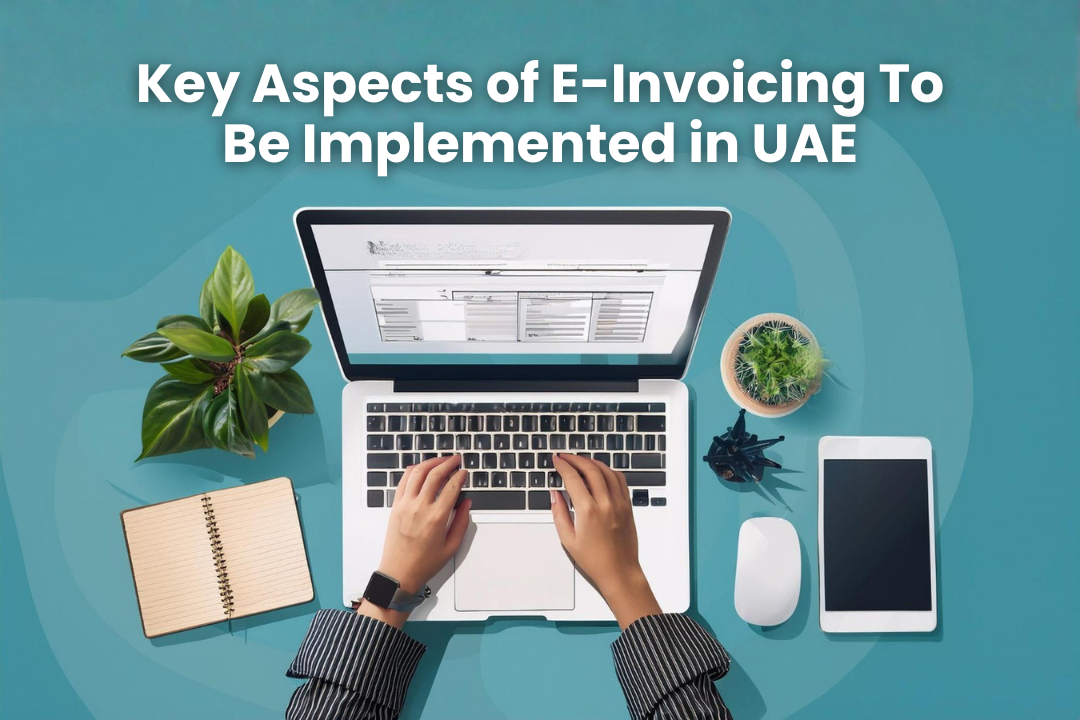In an era where financial crimes have become increasingly sophisticated, countries worldwide are doubling efforts to combat money laundering and illicit financial activities. The United Arab Emirates (UAE), known for its bustling economy and global financial hub, is no exception. The Money Laundering Reporting Officer (MLRO) is at the forefront of this battle, a crucial figure responsible for safeguarding the financial system’s integrity.
Understanding The MLRO Role – Money Laundering Reporting Officer
The Money Laundering Reporting Officer is a designated individual within a financial institution or a business entity responsible for overseeing the organization’s anti-money laundering (AML) and counter-terrorism financing (CTF) efforts. Like many other jurisdictions, the UAE emphasizes these roles to ensure that illicit funds do not enter the legitimate financial system.
Responsibilities Of The Money Laundering Reporting Officer In The UAE
1. Policy Development and Implementation
The MLRO plays a pivotal role in developing and implementing AML and CTF policies tailored to the organization’s operations and risks. These policies are designed to detect and prevent suspicious transactions.
2. Risk Assessment
The MLRO conducts regular risk assessments to identify vulnerabilities within the organization’s operations that could be exploited for money laundering or terrorist financing.
3. Reporting Suspicious Activities
The most critical responsibility of the MLRO is to report any suspicious transactions or activities to the relevant authorities, such as the UAE’s Financial Intelligence Unit (FIU). It ensures that potential threats are investigated promptly.
4. Employee Training
Ensuring that all employees are aware of AML and CTF regulations is vital. The MLRO is responsible for organizing training sessions to educate staff on recognizing and reporting suspicious activities.
5. Record Keeping
The MLRO oversees the maintenance of comprehensive records of all AML and CTF-related activities and reports. These records are not only for internal use but may also be requested by regulatory authorities.
6. Collaboration with Authorities
The MLRO is a liaison between the organization and regulatory authorities. In case of an investigation, they provide relevant information and support to the authorities.
7. Staying Updated
The financial landscape and money laundering techniques constantly evolve. The MLRO must remain up-to-date with the latest trends and regulations to adapt the organization’s policies accordingly.
Significance and Impact
The MLRO’s role is pivotal in maintaining the UAE’s reputation as a secure and transparent financial centre. By diligently carrying out their responsibilities, MLROs contribute to preventing financial crimes that could have dire consequences for the national economy and international trust in the UAE’s financial institutions.
As the UAE continues to solidify its status as a global financial hub, the Money Laundering Reporting Officer (MLRO) role becomes increasingly vital. Their responsibilities go beyond mere compliance; they play a significant part in safeguarding the country’s financial system from the threats of money laundering & terrorist financing. By staying vigilant, informed, and committed to their duties, MLROs in the UAE contribute to the nation’s ongoing efforts to combat financial crimes and maintain its reputation as a trusted player on the international stage.












